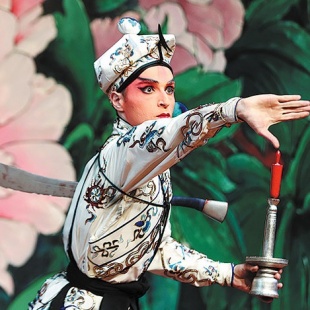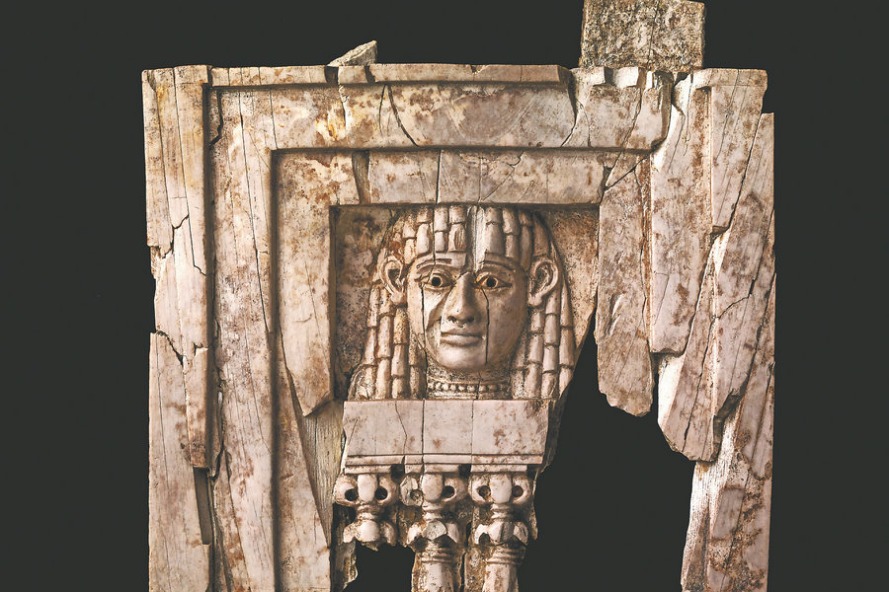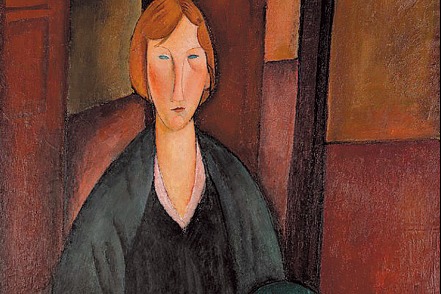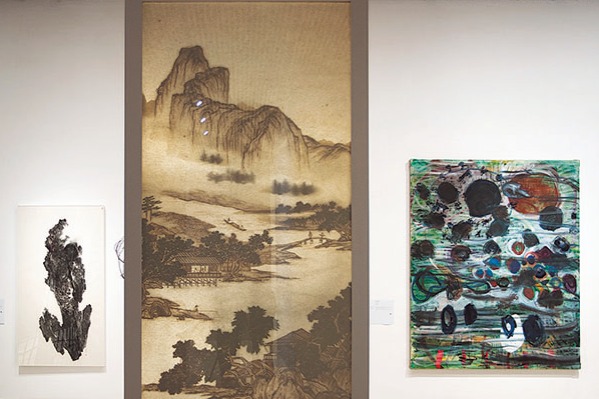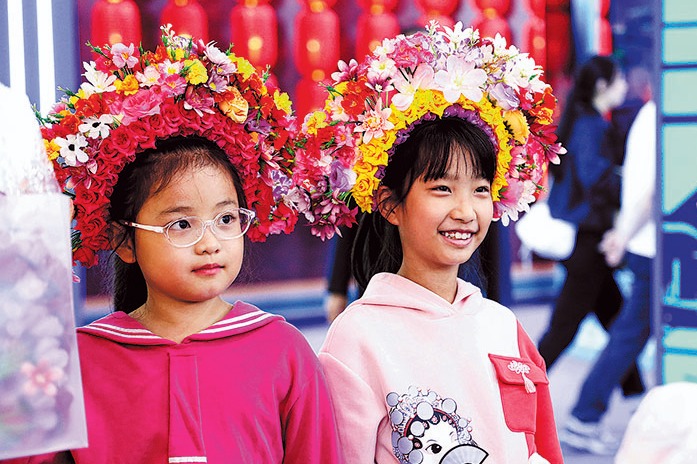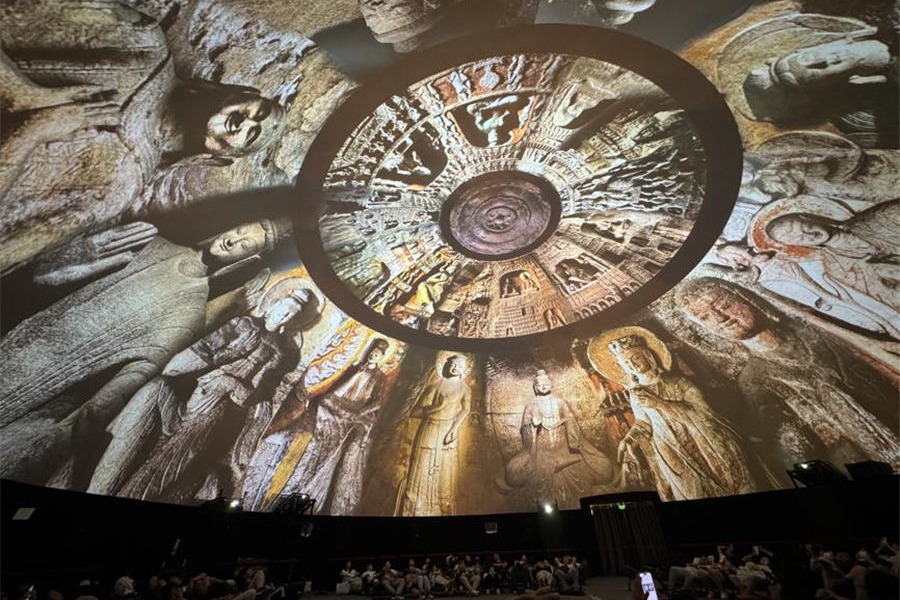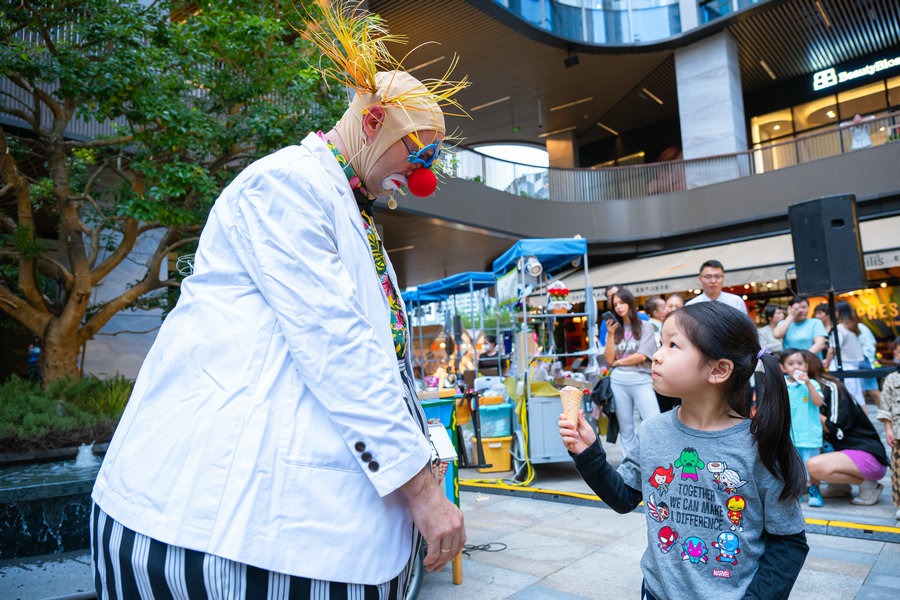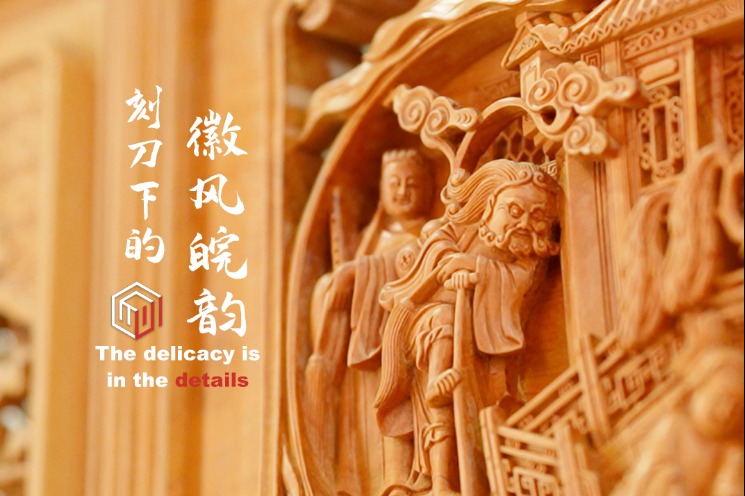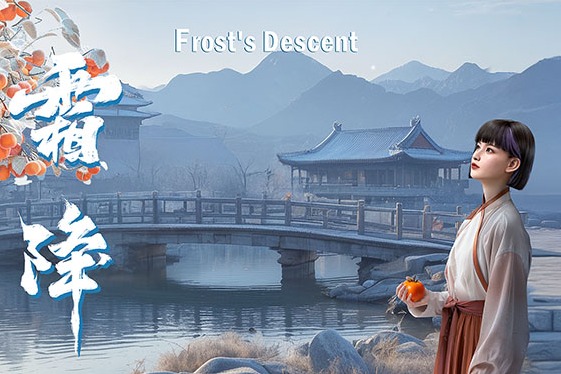The man who journeyed to the heart of Peking Opera
Lebanese resident of Beijing sets himself ambitious goal to master the intricate nuances of the art form, Chen Nan reports.

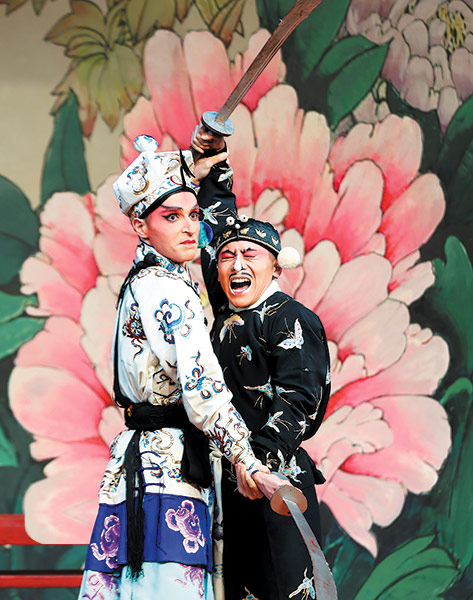
"It was also a fresh experience for me as well to train a non-Chinese to become a Peking Opera actor. It's not just about teaching him to move but also about thinking as a Peking Opera actor," says Liu.
"The sophisticated ancient art form is the essence of Chinese culture, which shows traditional Chinese values, such as loyalty, modesty and honesty. Even for professional performers, who spent years learning and practicing, the art form is much more than the primary appeal it appears to be, like brilliant costumes, the acrobatics and jaw-dropping skills."
Peking Opera, also known as jingju in Chinese, was declared an Intangible Cultural Heritage of Humanity by UNESCO in 2010.
In 1790, when four Hui Opera troupes visited Beijing as part of celebrations for the 80th birthday of the Emperor Qianlong (1711-99), they stayed in the south of the city. Hui opera, or huiju, is a form of Peking Opera from Anhui province. In about 1840, Peking Opera began to formally take shape, growing rapidly during the reign of Empress Dowager Cixi (1835-1908), a Chinese opera lover. After this, the art form went from strength to strength, with troupes being formed in Beijing, Tianjin and Shanghai.


